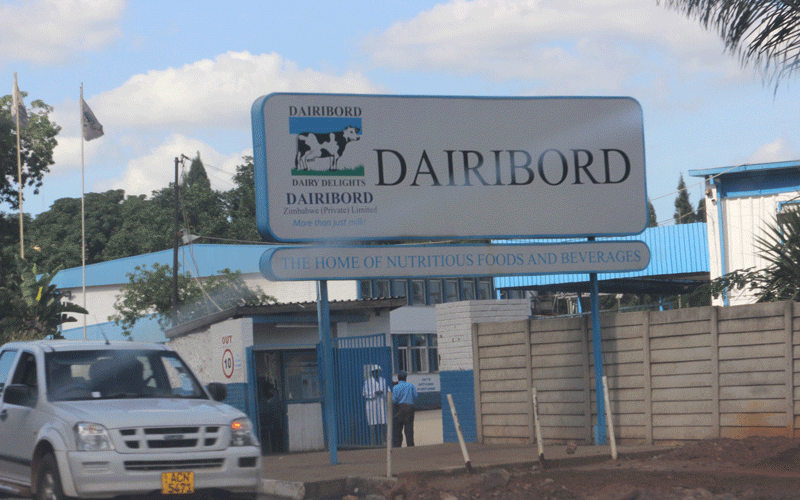
DAIRIBORD Holdings Limited (Dairibord), a leading dairy processor, has invested US$2 million in a solar plant project at its Chipinge depot to mitigate power outages.
In May 2023, the company announced plans to invest US$3,6 million in three one-megawatt (MW) solar plants at the Chipinge, Chitungwiza, and Harare facilities.
By June this year, the Chipinge project was at an advanced stage. The group has implemented transparent roofing at other factories to harness natural lighting.
These initiatives respond to escalating power outages estimated to be consuming 60% of production time.
In an interview with businessdiggest, Dairibord chief executive officer Mercy Ndoro revealed that the Chipinge factory had been the most severely impacted by power challenges.
“We are constructing a 1MW solar system with battery backup. The cost is US$2 million, which we are partnering with SNV (Greenagric Solar Park Pvt Ltd). Project "go live" is expected in early 2025, assuming all licensing is approved on time,” she said.
“The Chipinge factory has experienced significant operational disruptions due to the region’s unreliable power supply. By implementing a solar energy solution, the business can mitigate the negative impacts of power outages, enhance operational efficiency, reduce costs, and contribute to greater environmental sustainability.”
Ndoro said the project would provide reliable and consistent power supply, enhance operational efficiency, and save on power bills.
- Regulators turn down DZL probe request
- Regulators turn down DZL probe request
- Loans freeze unsettles Zim firms
- Loans freeze unsettles Zim firms
Keep Reading
“This mitigates the risks of production disruptions, especially crucial for a plant like Chipinge, which processes Steri milk,” she said.
“While the initial investment is significant, the long-term savings on electricity bills and backup power will be substantial.
“Sustainability is also a key benefit of this project, as solar power is a clean and renewable energy source, reducing the company’s carbon footprint and contributing to environmental sustainability.
“Chipinge has been selected as the pilot site for this model. Following its successful implementation, the model will be subsequently rolled out to other factory sites to address the aforementioned challenges and harness the intended benefits.”
The Dairibord boss revealed that power outages were a major cost driver on operations, forcing the firm to rely on alternative power sources, such as generators.
“Power outages have severe consequences for the business, particularly given that we process milk, a highly perishable product.
“Some of the impacts include: production disruptions and loss of output thus reduced production capacity; product spoilages and losses, equipment damage, leading to costly repairs or replacements, reduced equipment lifespan, and financial losses through lost revenue and escalated operational costs.”
Hence, the reliance on alternative power sources, such as backup generators, to maintain cold chain integrity for perishable and frozen products is both costly and unsustainable.
“The ideal scenario is to have consistent electricity, which will ensure competitiveness with regional players,” Ndoro said.







